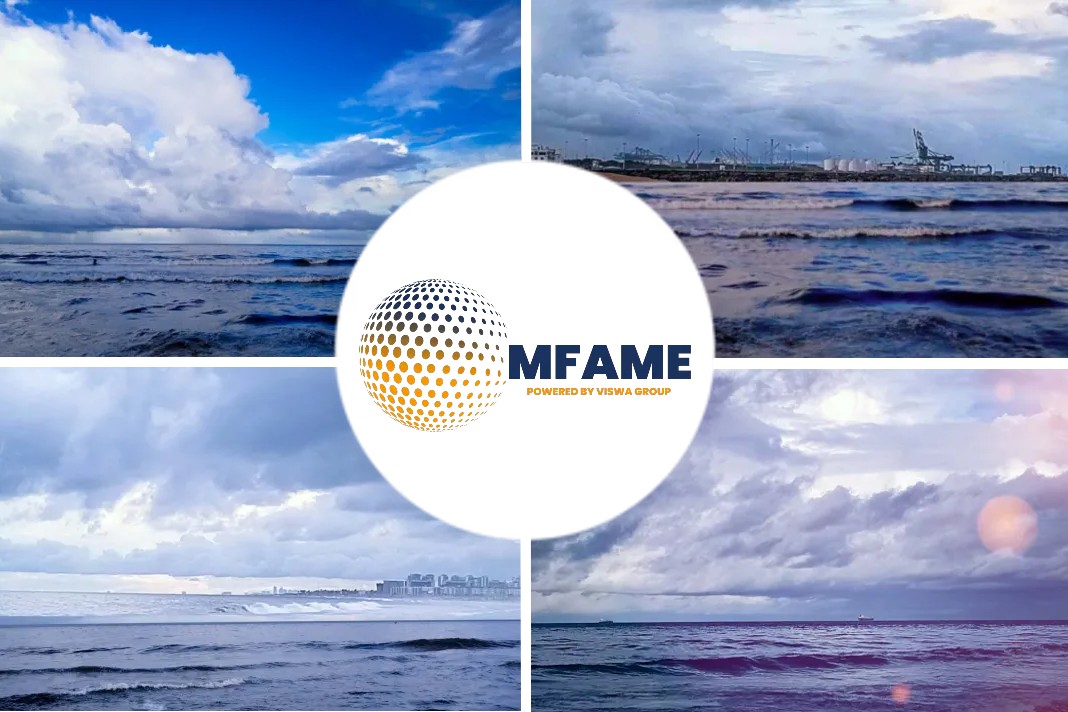- Egypt has imposed a 15% and 10% increase in transit fees on all vessels passing through the Suez Canal
- The hike is a result of the global inflation
- The hike is set to affect Sub-Saharan African traders who depend on the canal for its exportations
Egypt announced on Saturday that it will raise transit fees in 2023 for all types of vessels passing through the Suez Canal, reports Business Insider.
According to a statement released by the Suez Canal Authority, transit fees for tankers passing through the canal will rise by 15%. The increase for dry bulk carriers and tourist ships is 10%. The fee hikes will take effect on Jan. 1, 2023.
“The increase is inevitable and a necessity in light of the current global inflation rates,” the authority’s chief, Osama Rabiee, said in the statement.
He added that the decision factored in the impact of increased energy prices.
Over 20,600 vessels transited through the Suez Canal in 2021, according to database company Statista.
Fees may fuel inflation
An analyst told CNBC that while the rise in Suez dues won’t have a “massive impact” on trade flows, it will fuel ongoing inflation.
“Oil prices are currently dropping and so if the canal prices itself out against the competition (which is going round Africa) then the Canal Authority would lose out,” said the chairman of Mandarin Shipping, Tim Huxley.
Global oil prices have had a choppy year — from skyrocketing to more than $130 per barrel after the Russian-Ukraine war broke out, to tapering to around $80-$90 per barrel in recent weeks.
Huxley added that the increased fees will be passed on to customers, which will in turn fuel inflation.
The U.S. reported a 8.3% year-on-year increase in consumer prices in August. Rising food and shelter costs offset a decline in gas prices.
Still a cheaper route
Another analyst said that despite the rise in fees, the Suez Canal is still a substantially cheaper route for vessels.
“The savings of sailing via the Suez Canal are still very large, particularly due to … very high oil and bunker prices. In addition, the shipping markets are generally seeing high demand and low vessel availability. This also encourages shipowners to send vessels via the fastest routes,” said Niels Rasmussen, chief shipping analyst of shipping association Bimco.
Rasmussen said that he does not expect shipowners to turn to alternative routes, such as sailing south of Africa.
“Shipping markets are generally seeing high demand and low vessel availability. This also encourages shipowners to send vessels via the fastest routes,” said Rasmussen.
Did you subscribe to our daily Newsletter?
It’s Free! Click here to Subscribe
Source: Business Insider


















